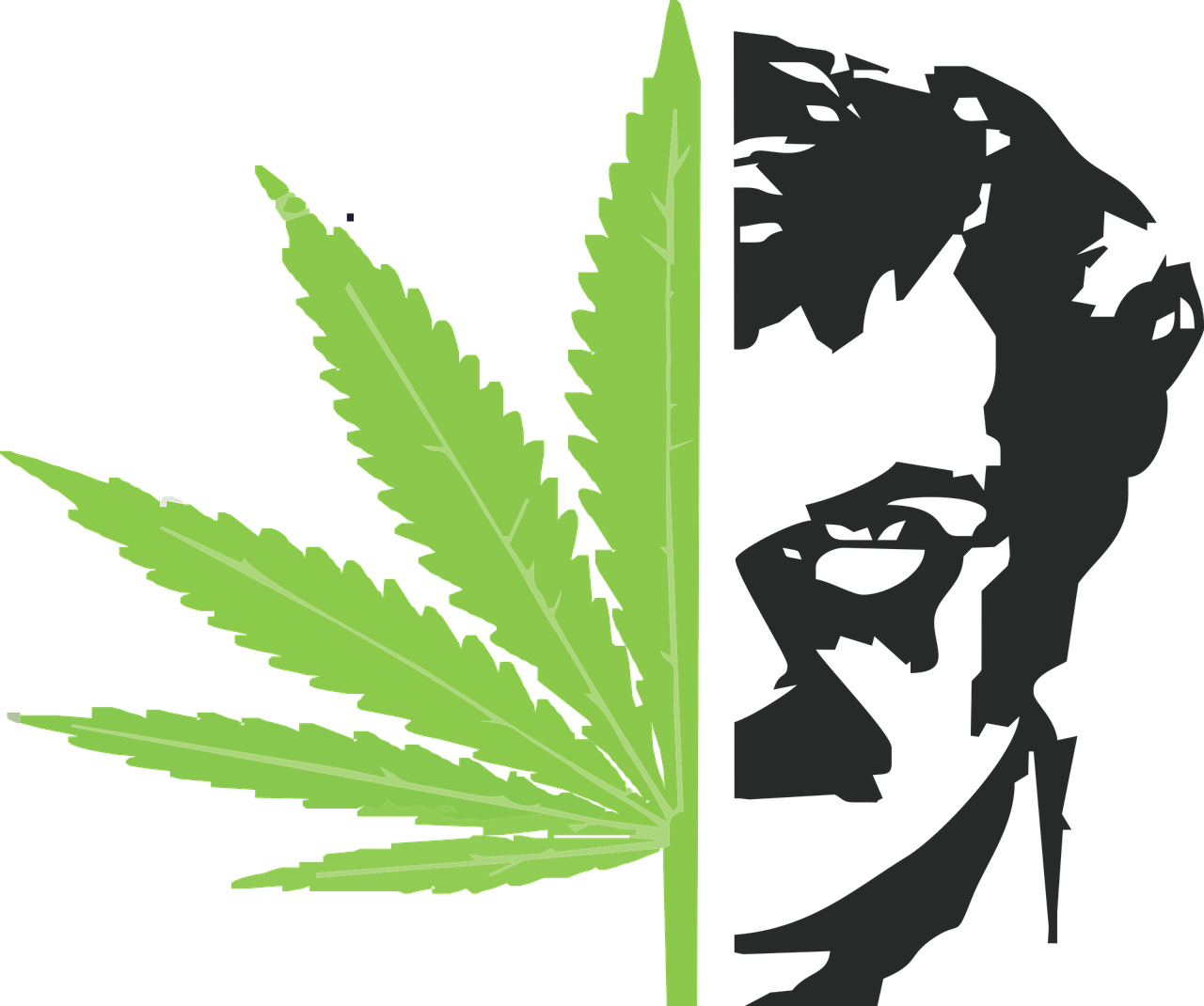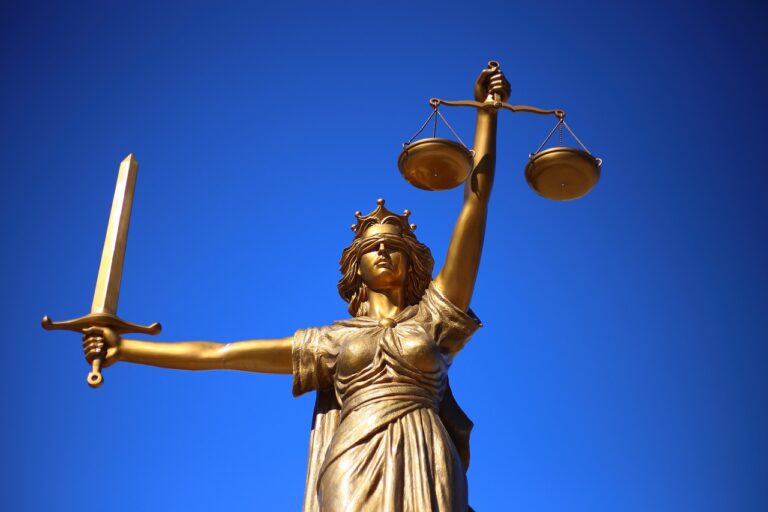Helpline: +91 94651-19900 | Email: info@consumerseva.com
Trademarks must be both distinctive and morally sound to uphold ethical standards. they represent values and legality.

The recent ruling by the EU General Court denying the registration of the name “Pablo Escobar” as a European Union trademark raises complex questions about the intersection of intellectual property rights and ethical considerations. The decision stems from an application by Escobar Inc, founded by Pablo Escobar’s brother, Roberto de Jesus Escobar Gaviria, which sought trademark protection for various goods and services in the European Union. This ruling sheds light on the enduring legacy of one of the world’s most notorious drug lords and the ethical dilemmas surrounding the commercialization of his name.
The Notorious Legacy of Pablo Escobar: A History of Crime and Violence
Pablo Escobar’s rise to infamy as the leader of the Medellin cartel is synonymous with drug trafficking, violence, and organized crime. Operating during the late 20th century, Escobar amassed immense wealth through the production and distribution of cocaine, primarily targeting the United States market. His criminal empire fueled widespread violence, with thousands of lives lost in cartel-related conflicts and acts of terrorism. Escobar’s notoriety extended beyond his criminal activities, shaping perceptions of Colombia and its struggles with drug trafficking for decades to come. Despite his death in 1993, Escobar’s legacy continues to cast a shadow over the region, with lingering social and economic consequences.
The Ethical Implications of Trademark Protection: Balancing Profit and Principles
The EU General Court’s decision to reject the trademark application for “Pablo Escobar” reflects a broader debate surrounding the ethical implications of intellectual property rights. While trademarks serve as valuable assets for businesses, providing legal protection for brands and products, they also carry significant cultural and societal weight. In the case of Pablo Escobar, granting trademark protection could be interpreted as endorsing or legitimizing his criminal legacy, thereby undermining fundamental values and moral standards. The court’s ruling underscores the importance of considering the broader social context and ethical ramifications when evaluating trademark applications, especially those involving controversial or morally ambiguous figures.
Navigating the Commercialization of Notoriety: Escobar Inc’s Business Ventures
Escobar Inc’s pursuit of trademark protection for the name “Pablo Escobar” highlights the complexities of commercializing a notorious figure’s legacy. Despite his criminal past, Escobar remains a cultural icon, with a loyal following and enduring fascination among certain segments of society. This has led to various business ventures capitalizing on his name and image, from smartphone production to cryptocurrency ventures. However, these endeavors often face scrutiny and condemnation, raising questions about the ethical boundaries of profiting from criminal notoriety. While Escobar Inc may argue for the commercial value of their products and services, the court’s decision reflects a broader societal consensus against glorifying or profiting from criminal activity.
Conclusion: Charting a Course for Ethical Intellectual Property Practices
The case of Pablo Escobar’s trademark application serves as a poignant reminder of the ethical considerations inherent in intellectual property rights. By rejecting the registration of his name as a trademark, the EU General Court has taken a stand against the glorification of criminality and upheld fundamental values of morality and justice. Moving forward, it is imperative for businesses and policymakers to navigate the commercialization of notoriety with a keen awareness of the broader ethical implications. Balancing profit motives with principles of social responsibility and ethical conduct is essential in ensuring that intellectual property practices reflect the values and aspirations of society as a whole.
For more information contact us:
Visit us:




